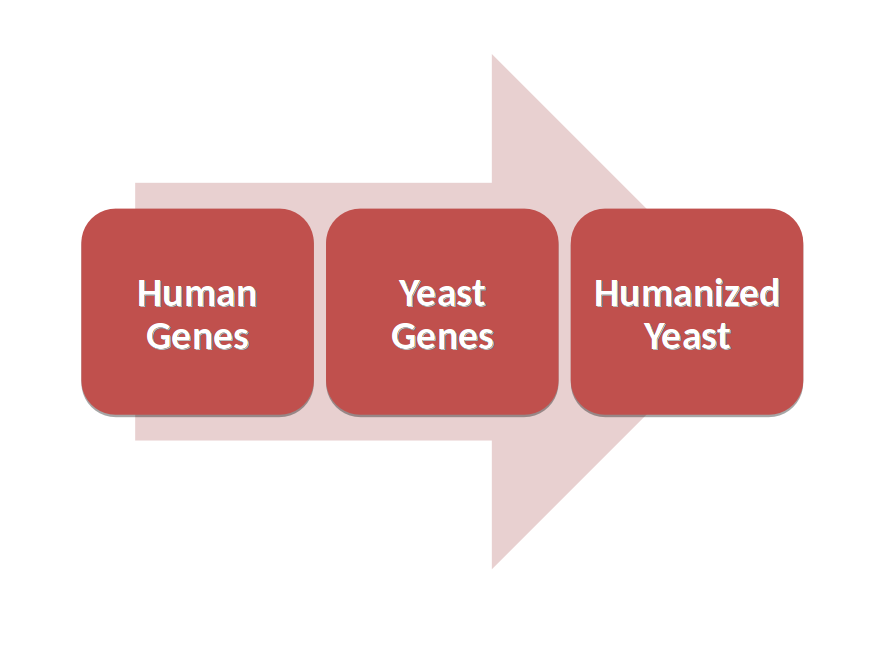CRIMEtoYHU
About
The Goal
Humans and the yeast Saccharomyces cerevisiae share thousands of protein-coding genes although they diverge for a billion year. Therefore, construction of yeast strains with humanized genes, can be helpful to deciphering the functional consequences of human genetic variants found in several diseases.
To humanize specific positions within yeast genes, human and yeast genes have to share functional homology. If a mutation in a specific residue is associated with a particular phenotype in humans, a similar substitution in the yeast counterpart may reveal its effect at the organism level.
The web application named Choosing the RIght cancer-associated Mutation for Evaluation to Yeast HUmanization (CRIMEtoYHU) simultaneously finds yeast homologous genes and identifies the correspondent variants.


Architecture
CRIMEtoYHU is a multi-tier application written in Python with Django Framework for the web-based frontend.
The Presentation Layer makes also an extensive use of the Bokeh Library for interactive graphics and charts. Bootstrap 3.0 framework with HTML5 and CSS complete the client-side user interface in compatibility mode with the most popular web browser.
The Application Layer of CRIMEtoYHU performs a pipeline by filtering and processing data flows from different sources:
- a local instance of COSMIC database, preprocessed by data aggregations to optimize queries
- g:Profile, Ensembl and InterProScan RESTful Web Services
- data integration and computing
References
Users of the CRIMEtoYHU Server are requested to cite:
CRIMEtoYHU: a new web tool to develop yeast-based functional assays for characterizing cancer-associated missense variants
Mercatanti A, Lodovichi S, Cervelli T, Galli A.
FEMS Yeast Res. 2017 Dec 1;17(8). doi: 10.1093/femsyr/fox078. PMID: 29069390

